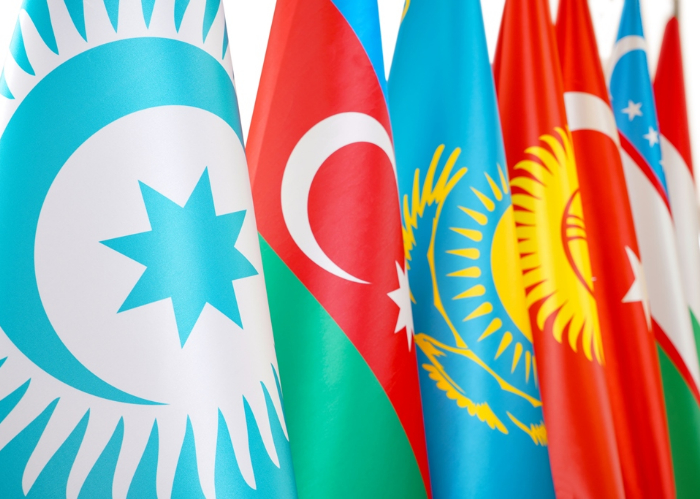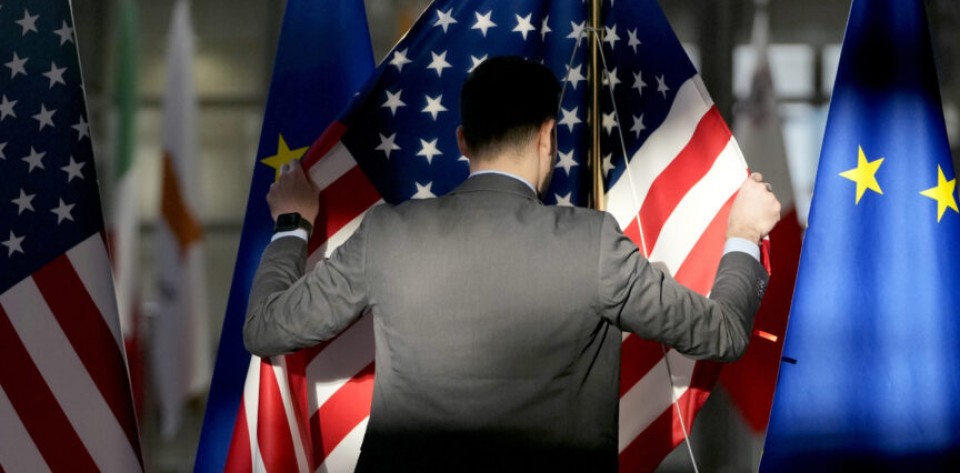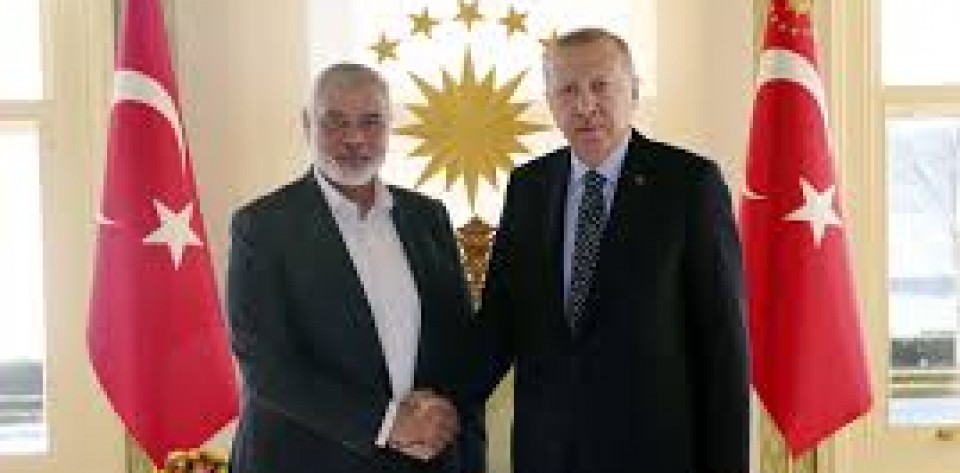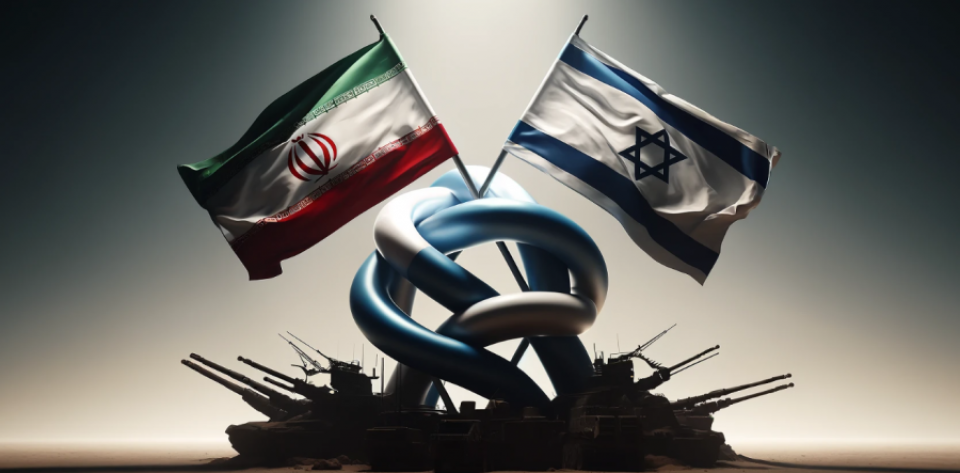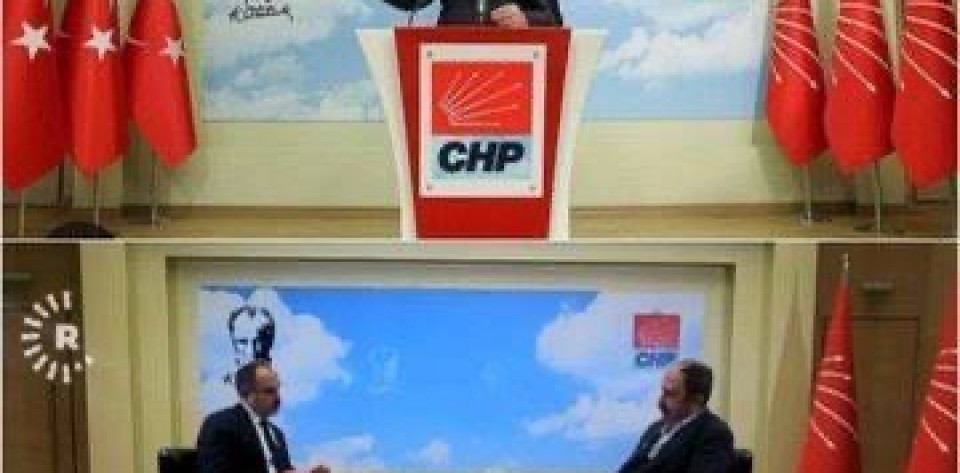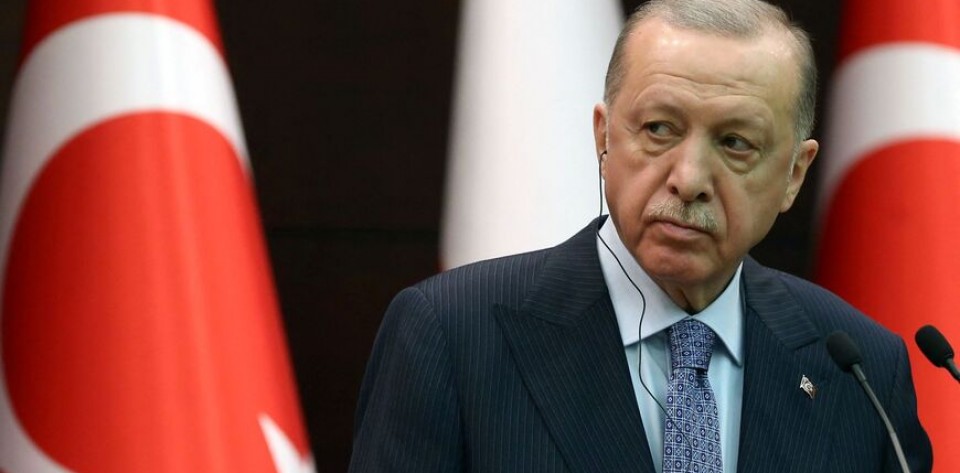It is not a secret that Russia has been sparing less to military investment since 5 years. It is directly related with the sanctions. It compels Kremlin to prioritize the actions. In this regard, Kremlin chooses to lean on social program in order to assist the people that has been affected by the sanctions and regime. For that they save reserves from military investment program. Following the annexation of Crimea, the sanctions were severed. This also starts affecting the is foreign relations; seemingly in Central Asia.
Once Soviets were dissolved, the Turkic nations declare their independent. Although it seemingly is the case, Russia used its military and economy to control the Central Asia or at least impose its directions. However the disrupted economy due to latest sanction compel Russia to change its position in Central Asia.
Russia is no longer only major trading partner and creditor. China, Russia and Western nations have been increasing its weight. Russia has seen that its existing leadership in Central Asia has no mechanism or solving the military conflicts – like last weeks’ clashes between Tajikistan and Kyrgyzstan – since Russian military involvement was impossible due to its preference which is equal distance to all parties. Distributing loans to Central Asian took many unpopular criticism from Russians at home when they have been passing via economic hardship. While it is the case, the public in Central Asia see distributing loans as act of exchange for independence. While it increase anti-Russian view, it causes states to take distanced approach.
All these development compel Russia to take a more balanced policy. Therefore, Russia will use selective Russian-led projects to gain benefits. By this, Russia intends to give message to public that they will gain influence rather than losing independence which will help Russian appearance among the public.
However, this new strategy will help to gain some influence but not totally. The Central Asia nations need different needs due to different motives. They all fear of rising China and want to boost their defense. They do not trust Russia. Moreover, they have problems among themselves; especially border problems. That paves a way to Turkey. Turkey sets up a Turkic-Speaking Nation Council. That is based on culture, history, economy and security. Moreover, Turkey has good relations and cultural ties with all Turkic nations. If Turkey can set up a mechanism to solve the border disputes among the member nations under the umbrella of Turkic-Speaking Nations Council and strength the relations with Central Asia nations including economic activities and security, it would diminish the Russian influence.
The biggest obstacle for Turkey to increase its influence in the region would be its own disrupting economy. Unless Turkey recovers, it will be China to fill the gap in a decade.
Vladimir Jirinovsky will not like this strategy.

